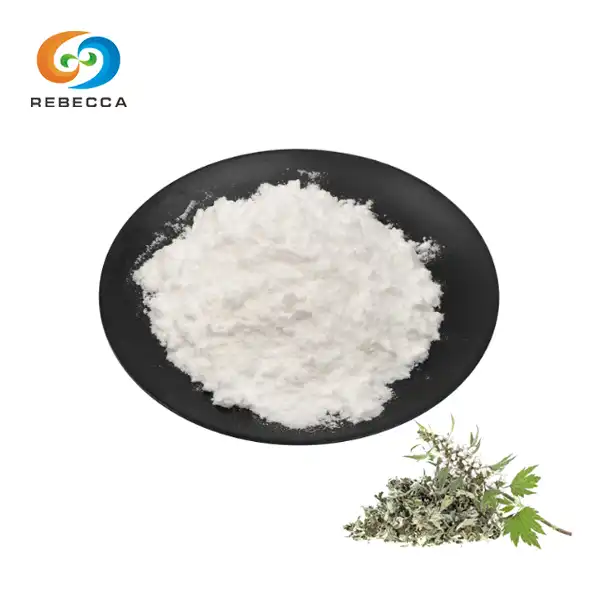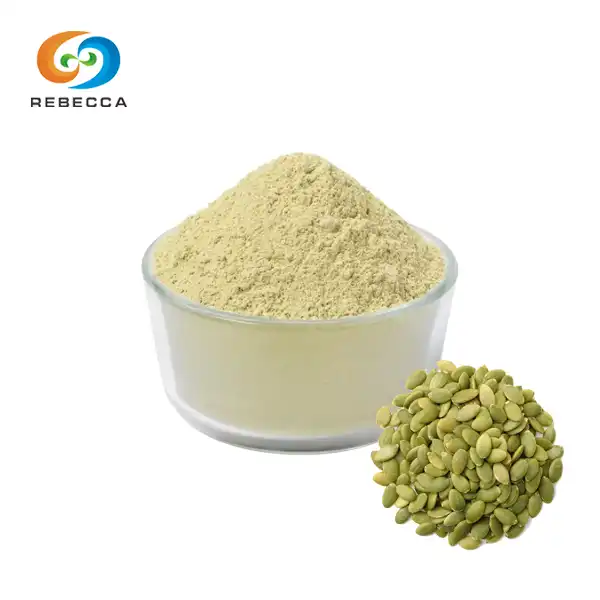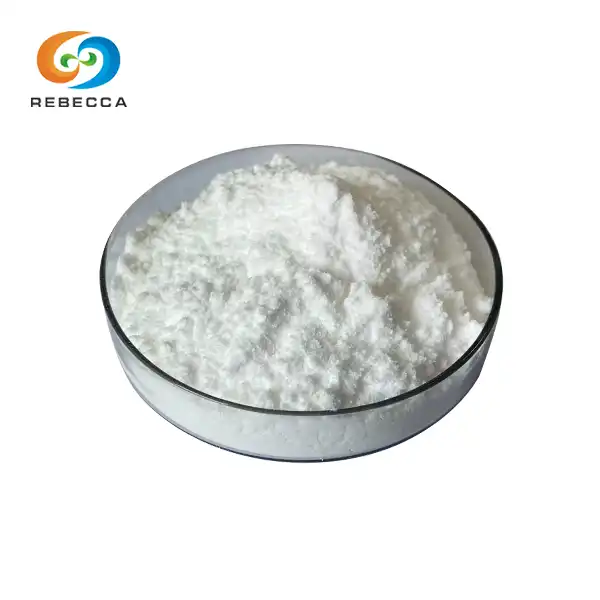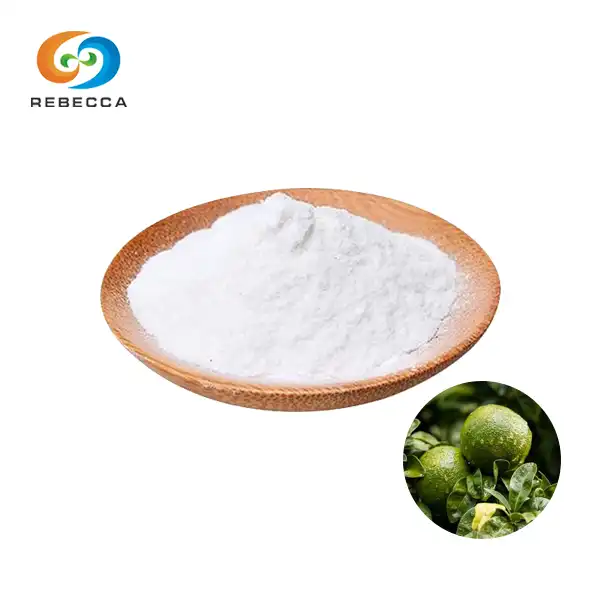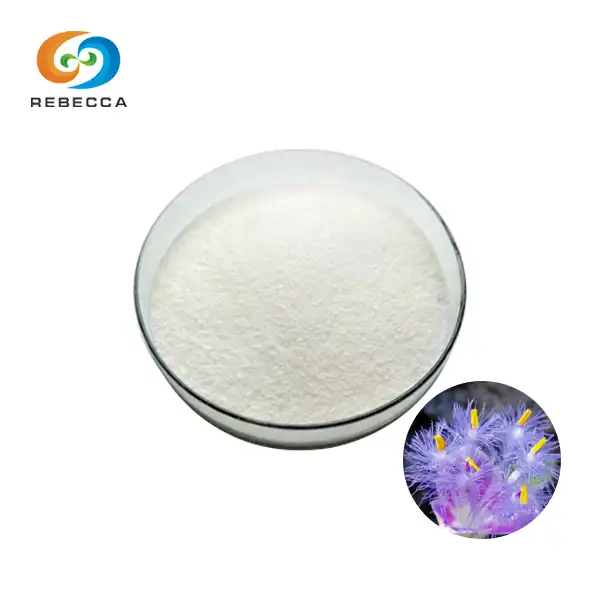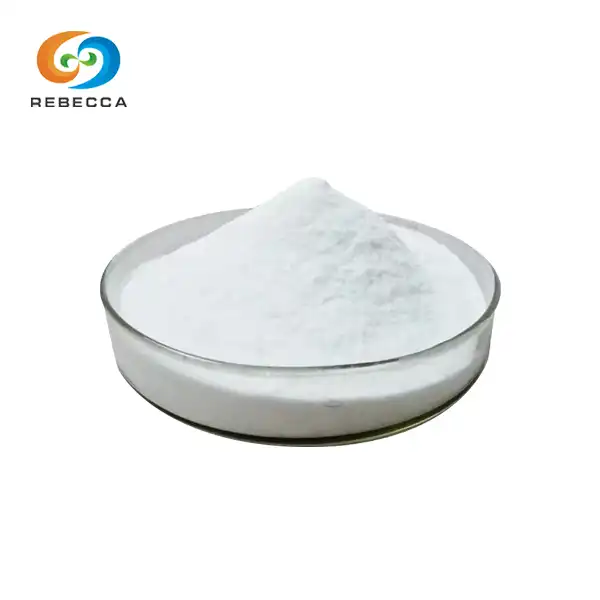How long does creatine monohydrate take to work?
If you're considering adding creatine monohydrate to your supplement regimen, you might be wondering how long it takes to see results. Creatine is a popular supplement among athletes and fitness enthusiasts, known for its potential to enhance muscle strength, power, and overall performance. In this article, we'll explore the timeline of creatine's effects and what you can expect when you start supplementing with this powerful compound.
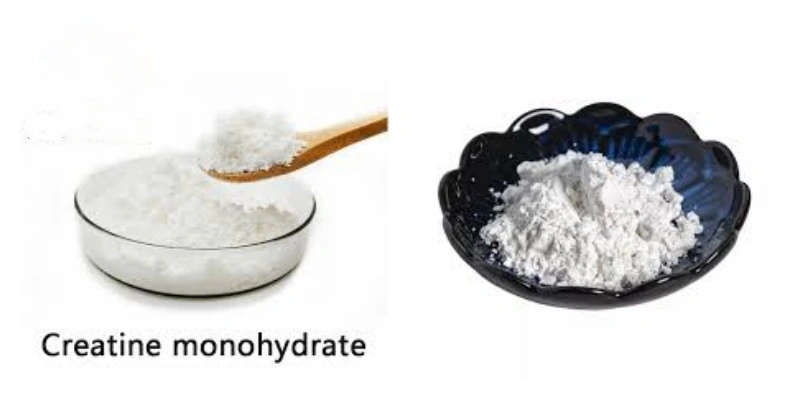
Initial Effects
When you first start taking creatine monohydrate powder, you may notice some immediate changes, although these are often subtle and vary from person to person. Some individuals report feeling a slight increase in energy or muscle fullness within the first few days of supplementation. However, it's important to note that these initial effects are not indicative of the full benefits of creatine.
During this initial phase, your body is beginning to absorb and utilize the creatine you're consuming. The process of creatine uptake by your muscles starts immediately, but it takes time for your muscle cells to become fully saturated. This is why many people don't experience significant performance improvements right away.
It's also worth mentioning that some individuals may experience minor side effects when they first start taking creatine, such as bloating or gastrointestinal discomfort. These effects are typically mild and often subside as your body adjusts to the supplement.
Week 1 (Loading Phase)
Many creatine users opt for a "loading phase" when they begin supplementation. This involves taking a higher dose of creatine for the first 5-7 days to rapidly increase muscle creatine stores. A typical loading protocol might involve consuming 20-25 grams of creatine monohydrate per day, split into 4-5 doses.
During this first week, you may start to notice more pronounced effects:
- Increased muscle volume and fullness due to water retention in muscle cells
- Slight weight gain (typically 2-4 pounds) from increased water retention
- Potential improvements in high-intensity, short-duration exercise performance
- Enhanced recovery between sets during resistance training
It's important to note that while these effects can be noticeable, the full benefits of creatine supplementation are not yet realized at this point. The loading phase is primarily about saturating your muscle cells with creatine as quickly as possible.
If you choose not to do a loading phase and instead opt for a lower daily dose (3-5 grams per day), it may take 3-4 weeks to achieve full muscle saturation. This approach can be gentler on your digestive system but may delay the onset of benefits.
Week 2 (Transition to Maintenance Phase)
As you move into the second week of creatine supplementation, you'll typically transition to a maintenance dose of 3-5 grams per day if you've completed a loading phase. If you've been taking a lower dose from the start, you'll continue with this regimen.
During this period, you may start to experience more substantial benefits:
- Increased strength and power output during high-intensity activities
- Improved muscular endurance, allowing for more reps or longer sets
- Enhanced muscle recovery between workouts
- Potential for increased lean muscle mass (when combined with resistance training)
It's important to remember that individual responses to creatine can vary. Some people may notice significant improvements in their performance and physique by this point, while others may require more time to see noticeable changes.
Factors that can influence how quickly you see results from creatine include:
- Your initial muscle creatine levels (which can be influenced by diet and genetics)
- The intensity and frequency of your workouts
- Your overall diet and nutrition
- Your body composition and muscle mass
- The specific type of creatine monohydrate powder you're using
It's worth noting that while some effects of creatine supplementation can be observed relatively quickly, the full benefits may not be realized until 4-8 weeks of consistent use. This is particularly true for changes in muscle mass and overall body composition, which require time and consistent training to develop.
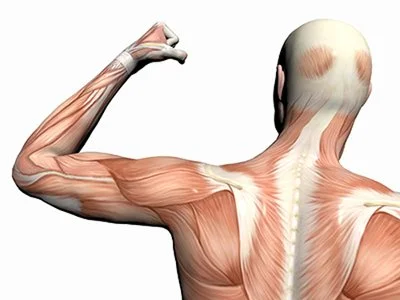
Long-Term Effects and Considerations
As you continue to use creatine beyond the initial weeks, you can expect to maintain the benefits you've gained, provided you continue supplementation and maintain your training regimen. Long-term creatine use has been shown to be safe for most individuals, with numerous studies demonstrating its efficacy and safety over extended periods.
Some potential long-term benefits of creatine supplementation include:
- Sustained improvements in strength and power output
- Increased muscle mass over time (when combined with resistance training)
- Potential cognitive benefits, including improved memory and brain function
- Possible neuroprotective effects
It's important to maintain consistent supplementation to continue experiencing the benefits of creatine. If you stop taking creatine, your muscle creatine levels will gradually return to baseline over a period of 4-6 weeks. This may result in a slight decrease in performance and muscle fullness, although any muscle mass gained through training will be maintained as long as you continue to exercise.
Maximizing the Benefits of Creatine
To get the most out of your creatine supplementation, consider the following tips:
- Stay consistent with your dosing, whether you choose a loading phase or not
- Combine creatine supplementation with a well-structured resistance training program
- Ensure adequate hydration, as creatine can increase water retention in muscles
- Consider taking creatine with a source of carbohydrates to enhance uptake
- Be patient and give the supplement time to work - results may not be immediate
- Choose a high-quality creatine monohydrate powder from a reputable manufacturer
Remember that while creatine is a powerful supplement, it's not a magic solution. The best results come from combining creatine supplementation with proper nutrition, consistent training, and adequate rest.

Contact Information
The timeline for experiencing the effects of creatine monohydrate can vary, but most users begin to notice improvements in strength and performance within 1-2 weeks of starting supplementation. Full benefits may take 4-8 weeks to manifest, especially when it comes to changes in muscle mass and body composition.
Whether you're an athlete looking to enhance your performance or a fitness enthusiast aiming to boost your strength and muscle gains, creatine monohydrate can be a valuable addition to your supplement regimen. By understanding the timeline of its effects and following best practices for supplementation, you can maximize the benefits of this powerful compound.
If you're considering adding creatine to your routine, it's always a good idea to consult with a healthcare professional or a registered dietitian to ensure it's appropriate for your individual needs and goals.
For high-quality creatine monohydrate powder and personalized advice on supplementation, don't hesitate to reach out to us at information@sxrebecca.com. Our team of experts is here to help you achieve your fitness goals safely and effectively.
References
- Kreider, R.B. (2003). Effects of creatine supplementation on performance and training adaptations. Molecular and Cellular Biochemistry, 244(1-2), 89-94.
- Buford, T.W., et al. (2007). International Society of Sports Nutrition position stand: creatine supplementation and exercise. Journal of the International Society of Sports Nutrition, 4, 6.
- Rawson, E.S., & Volek, J.S. (2003). Effects of creatine supplementation and resistance training on muscle strength and weightlifting performance. Journal of Strength and Conditioning Research, 17(4), 822-831.
- Tarnopolsky, M.A. (2010). Caffeine and creatine use in sport. Annals of Nutrition and Metabolism, 57(Suppl. 2), 1-8.
- Gualano, B., et al. (2012). Creatine supplementation in the aging population: effects on skeletal muscle, bone and brain. Amino Acids, 42(1), 349-358.

